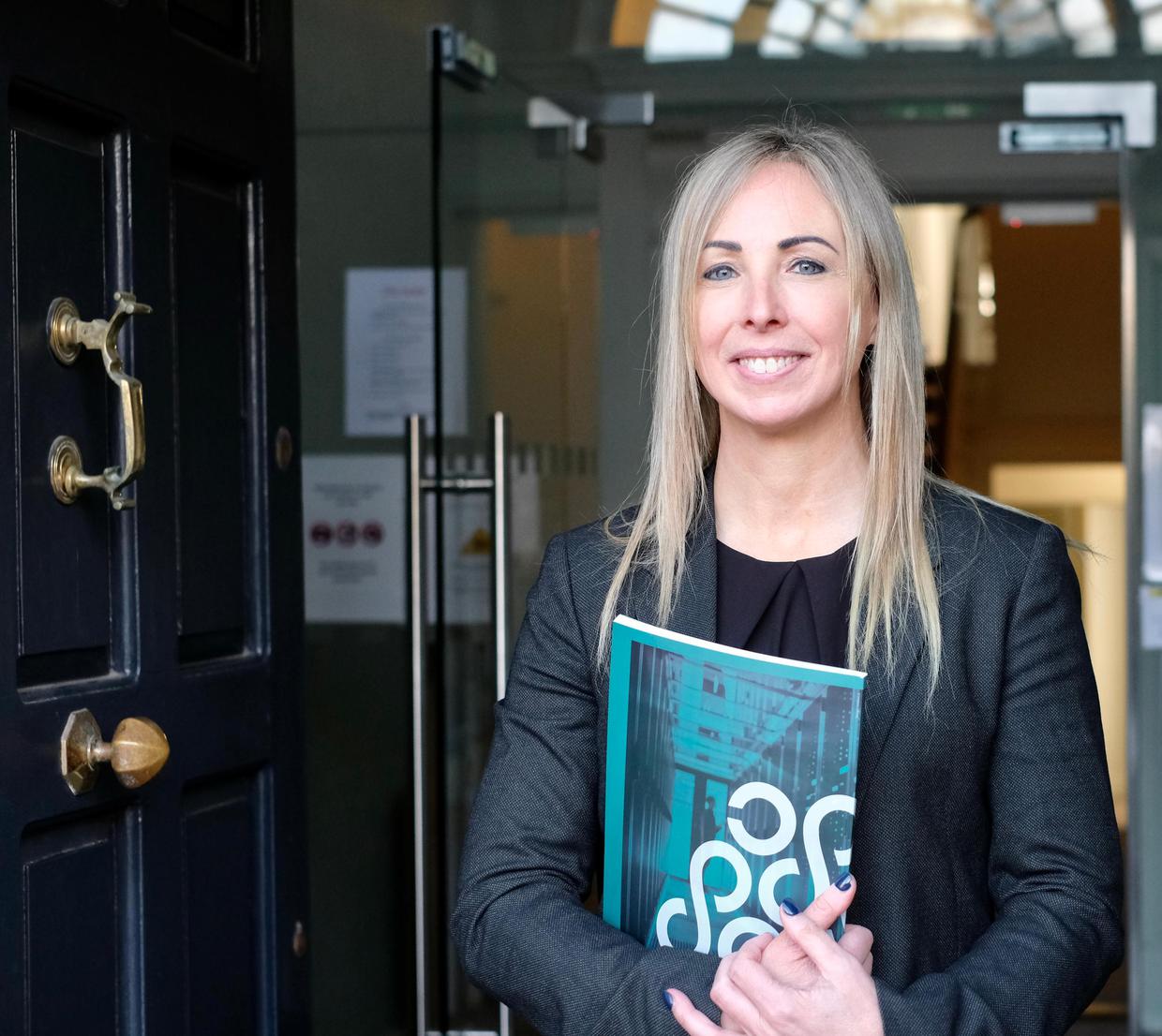FBD court appearance highlights the need to fight for your data protection rights.
On March 2013, the insurance company FBD was fined €15,000 in a ground breaking case taken by a policy holder against the company for breach of his data protection rights.
Mr Michael Collins took a case against FBD insurance for breaching the Data Protection law and using the information to deny him his right to have a claim for the theft of his van assessed and settled.
In a landmark decision, Judge Jacqueline Linnane held that FBD insurance breached Mr Collins’ Data Protection Rights, pursuant to sections 2 and 4 and awarded Mr Collins €15,000 in damages.
This is the first case in this country where damages have been awarded upon an individual’s data protection rights being breached.
Welcoming Judge Linnane’s decision, Mr Fintan Lawlor, Lawlor Kiernan LLP Solicitors, who represented Mr Collins, said that this case sent a clear signal to all companies that there was a need to have open and transparent policies in relation to the data protection rights of their customers and staff.
“It is apparent that there are two types of privacy. The first applies to the wealthy and well known who enjoy the right to super injunctions to protect them from their own indiscretions and misjudgements.
“The other type of privacy applies to everyday citizens whose data is illegally accessed by State bodies, insurance companies, banks and other organisations. If you form part of the latter group it may not be so straightforward to access justice in this regard.
“Despite the existence of clear, defined legal guidelines on data protection, the privacy rights of countless ordinary citizens are breached everyday with no repercussions for the perpetrators. The collection and retention of data is so inextricably intertwined in our daily routines that it can be invisible and go unnoticed. This makes it easier for data controllers to use and abuse our data,” Mr Lawlor highlighted.
“I welcome as it will alert individuals and companies of the need to adhere to the law. It also demonstrates to individuals that they must fight for their data protection rights and the legal system will support them,” he said.

